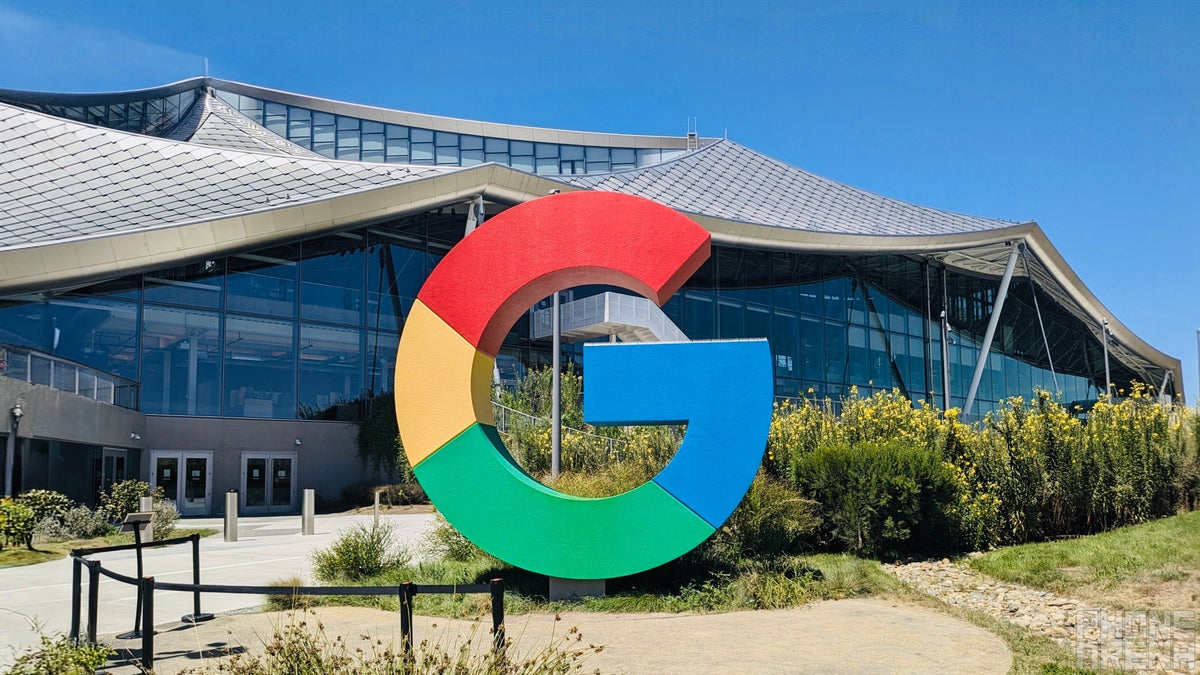Image credit — PhoneArena
In his blog post today, Kent Walker, Google’s Chief Legal Officer, argued that the DOJ’s proposals would negatively impact users. Furthermore, he claimed it could weaken privacy protections, lower the quality of Google’s products, and force the company to reveal sensitive information about its technology and innovations. He also expressed concern that these changes could hinder America’s global leadership in technology.
DOJ chose to push a radical interventionist agenda that would harm Americans and America’s global technology leadership. DOJ’s wildly overbroad proposal goes miles beyond the Court’s decision. It would break a range of Google products — even beyond Search — that people love and find helpful in their everyday lives.
Kent Walker, President of Global Affairs and Chief Legal Officer, Google and Alphabet
We have seen this before, as this isn’t the first time a major tech company has faced antitrust scrutiny. Microsoft went through something similar about 25 years ago with its Windows operating system when a judge initially ruled to break up Microsoft, but that decision was later overturned.
Similarly, the DOJ’s recommendations for Google could be considered drastic. It wants to stop Google from making deals that set its search engine as the default on devices like iPhones and for the company to be more transparent about its advertising pricing and how it uses artificial intelligence in search results. More importantly, though, is the request for Google to break Chrome and Android up. Here’s a rundown of the DOJ’s key proposals:
- Chrome Divestiture: Google would have to sell its Chrome web browser.
- Android Restrictions: Limits would be placed on how Android can favor Google’s search engine.
- Search Deal Bans: Google couldn’t make deals to be the default search engine on other companies’ devices.
- Data Licensing: Google would have to license its search index data to competitors.
- AI Transparency: Google would need to provide more information about how it uses AI in search.
It’s unclear how this will all unfold. The judge will make the final decision, and Google could appeal if it’s not in their favor. There’s also a chance that the incoming Trump administration might take a different stance on antitrust issues.
For me, this is a tricky situation. More competition in the search market could lead to better services, but breaking up Google could have downsides. It’s important to make sure any changes are made carefully.
